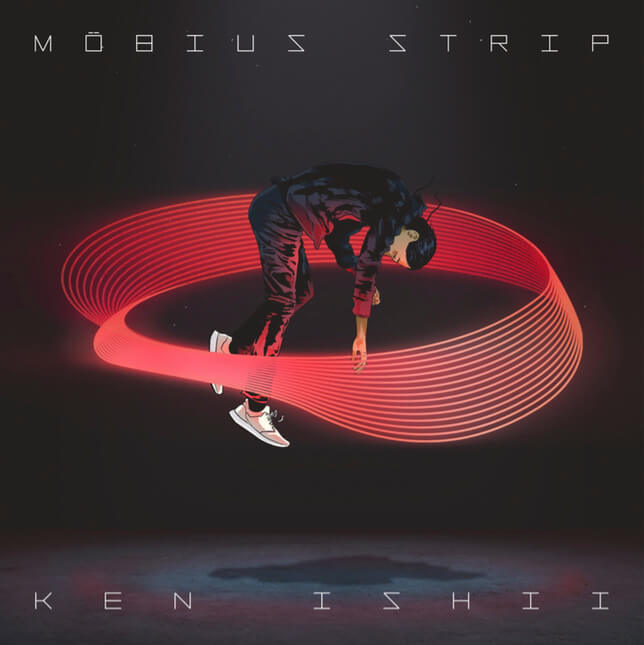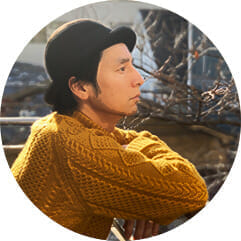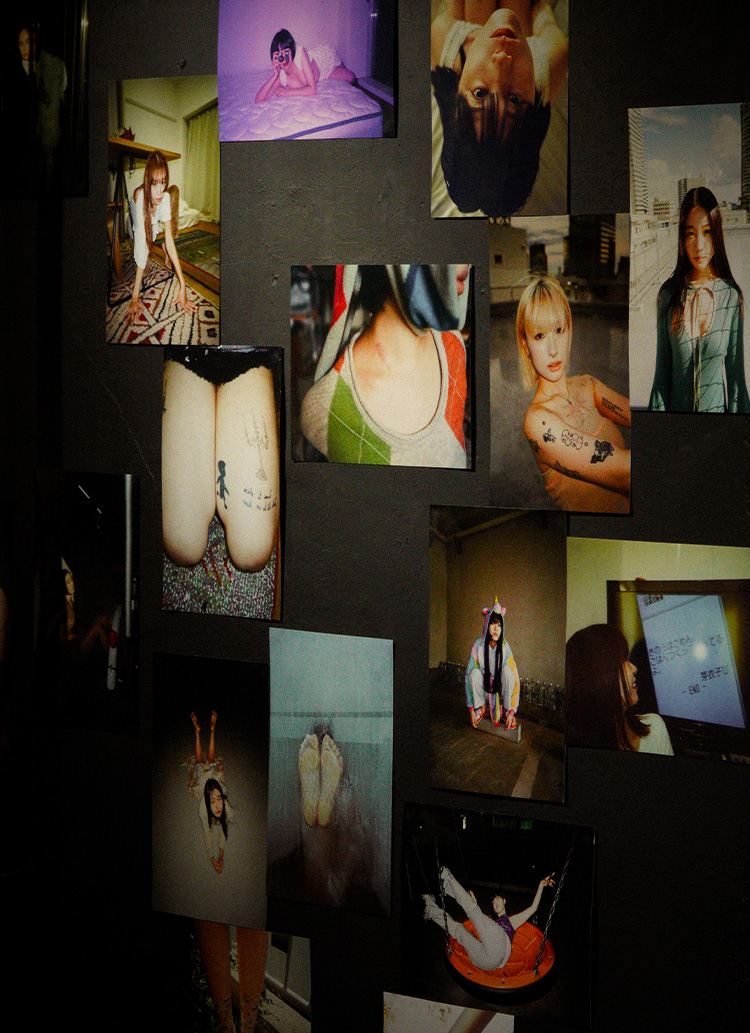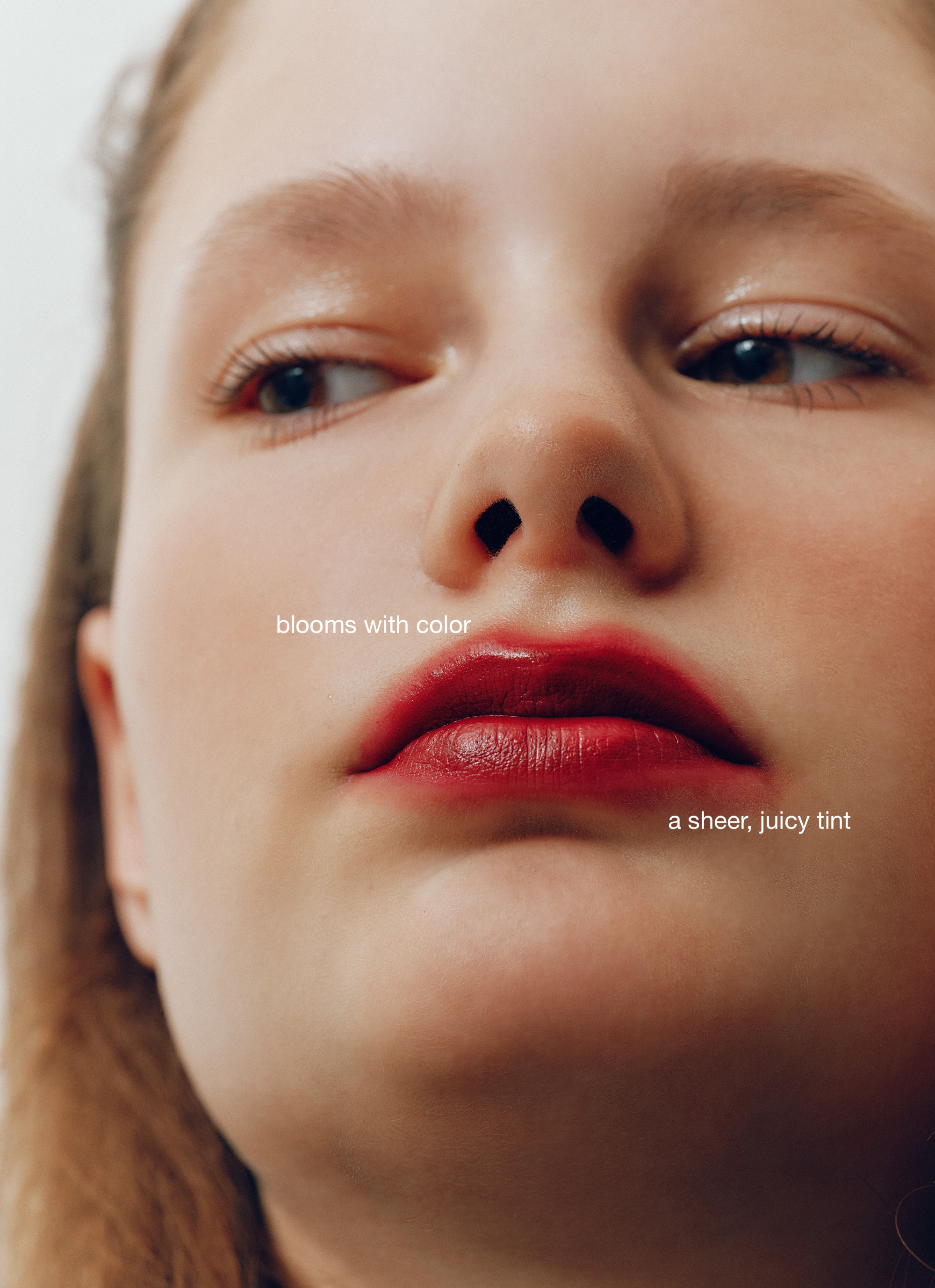First full-length album in 13 years. Time passed faster than I thought it would.
Mihara:What about the techno scene these days?
KEN ISHII:I feel that the younger kids are getting hotter. . Especially in Europe, the U.S., and South America. Techno and underground culture is on the rise.
Mihara:Underground is important. Techno is now well known to everyone, but it started out as an underground genre. The sounds that were being experimented with there eventually became a new genre. I have a feeling that such a phenomenon is about to happen again.
KEN ISHII:As I mentioned earlier, there has been a hardware boom in songwriting recently, and the sounds being played in clubs have been stripped down, returning to a more primitive mood. I am sure that for young people, this is the new sound.

Mihara:Yes, techno feels more human these days. When I listen to a track and hear an amazing beat, I think, "This guy must be quite the beat geek. Are there any new artists you can recommend?
KEN ISHII:There are some, but the genres are becoming more and more detailed, and the number of artists is increasing, so I honestly can't remember them (laughs).
Mihara:In the old days, you could still go to a record store and figure it out. . but now you can self-distribute. But now you can self-distribute.
KEN ISHII:. yes, like Bandcamp and Beatport. So you can release as many as you want, but whether they sell or not is a different story. That's where the professionals and others have a hard time.

Mihara:What is your upcoming album like? Are there any tracks that aren't dance music?
KEN ISHII:I've released a lot of dance music on EPs, so since this is my first album in 13 years, I focused on what I do best.
It's been 13 years since you last visited Japan, is that how long it's been since you noticed?
KEN ISHII:Yes, it was. Time has passed more quickly than I expected. In the past, I think the mainstream was to release a new album every year or two. However, the music industry system has completely changed, and distribution is now the mainstay of the music industry. So, even if you don't make an album, especially DJs, you can still be active as long as you perform in front of people and release an EP once in a while.
You no longer have to stick to an album.
KEN ISHII:Yes, it is. . That is why releasing an album means that you are serious about it. It takes time and money, but you can't expect the same returns as in the past. That is why some techno artists, no matter how big they are, do not even release singles. Carl Cox is just like that. But he has been at the top for a long time.
Mihara:It's great to stay on top, isn't it? And so is Kenken.
KEN ISHII:. I also think Outeka is great. They have been releasing music on a regular basis, have not wavered in what they have been doing for a long time, and have maintained a good position in the music scene for a long time.
Mihara:I read an interview with Outeka in a magazine once, and they said that when they write a song, they first create the main riff. When they finish the song, they seem to remove the main riff from the beginning of the song. So there are some half-finished bass sounds and strange reverberations. This leads to Outeka's unique sound.
KEN ISHII:That's great. I like to make experimental music, but on the other hand, I also wanted to enjoy DJing because I admired Derrick May and Jeff Mills, so I started to do both. But Outeka has been doing experimental things for a long time, and they are still accepted. Everyone else has dropped out except for them.
Mihara:Yes, it's amazing, isn't it?

KEN ISHII:They release Black Dog and the like from time to time, and B12 is no different. I don't know how they make a living, though (laughs).
Mihara:Juan Atkins is still at it, right?
KEN ISHII:They are doing their best. As long as they are doing their best, I think I can do my best. Juan Atkins is probably 60 years old, and he's still making cool tracks. Jeff Mills is also working hard at that age, and Derrick is as energetic as ever.
Mihara:I hear that today's youngsters are also influenced by Detroit DJs. I hope that this will be an interesting time for them. Recently, I have been talking with people in China, and they are completely unaware of the electro music of the 80's and 90's. They were socialist up until then, so they have completely slipped out of that culture as blanks. Because of the socialism that existed until then, the culture of that time has completely disappeared as a blank. So, they are digging now, and they are very greedy. He seems to be buying a lot of records when he comes to Japan.
KEN ISHII:It's something new to them.
Mihara:Yes, yes. . so I hope something new will come out of that kind of hungry spirit.
KEN ISHII:I have been playing in China every year since around 2000, and I feel there is great potential. As I mentioned, there is a desire to learn about new things, and I feel that the club scene has a momentum similar to that of Europe. In fact, it may be stronger than in Tokyo. Music and contemporary art are way ahead of the curve, and people in the industry are playing in the clubs. There used to be a sense of artists and creative people gathering in Japanese clubs.
Mihara:So that's what China has now.
KEN ISHII:In China, the Internet is restricted, so Facebook and Youtube are not available, and Soundcloud cannot be opened. Therefore, I feel that there is a great deal of greed or passion to go out and catch up on information, or to go to clubs in Europe and bring back what you feel there to China to create a scene there. For better or worse, the Japanese scene seems to have matured. I am looking forward to seeing what will happen in the future.
Mihara:But I have a feeling that things are about to get exciting again. It's like we've come full circle again.











